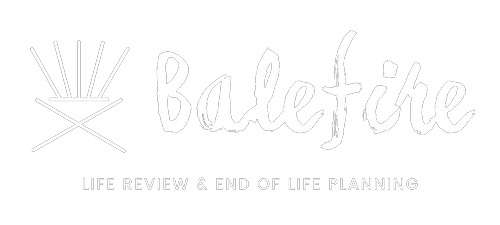
Frequently Asked Questions
How can a death worker support families during the end-of-life process?
While the exact services performed and consulting done differs for every situation, there are a few areas of care that I focus on in my practice:
Practical care and comfort
Do you and your chosen family have the support you need?
Are your survival needs being met? (food, hydration, shelter, sleep, rest, social connection, creativity)
What sensory or safety accommodations can be made?
Additional time and space for processing
What’s your personal sensory diet?
How often are you allowing yourself actual processing time?
Bodily autonomy
Are your personal wishes and boundaries clear with your loved ones and healthcare team?
Do you know what to expect when experiencing or witnessing a death?
What do you want done with your body after you've died? (re: body disposition)
These areas of focus will be addressed no matter the task you bring. Answering the above questions with compassionate action lays a foundation for a healthy experience.
Who hires a Death Worker?
Most commonly, people who are facing a terminal diagnosis or the last months of their lives hire a death worker. Families and compassionate care teams may also hire a death worker to assist in maintaining dignity around a sudden death or a quick decline in health.
Those who have experienced the death of a loved one, whether recently or any time in the past, can hire a death worker to review their experience of the death and feel safe talking about all different aspects of the journey.
What is a Mortality Companion?
That’s what I call myself! I came up with the title while brainstorming with other death workers in a writing course. First of all, Mortality. Most of my work is not actually with actively dying people! I’m typically working with people dealing with death or illness in some non-immediate way and they’re looking for perspective, guidance, or direction. We contemplate mortality and their place in the world, where they’re needed, and where they truly want to be. This is less about death and more about living with a sacred mindfulness of death. And companion? Well, how could I not want to be SOME type of companion, being such a fan of Doctor Who?


